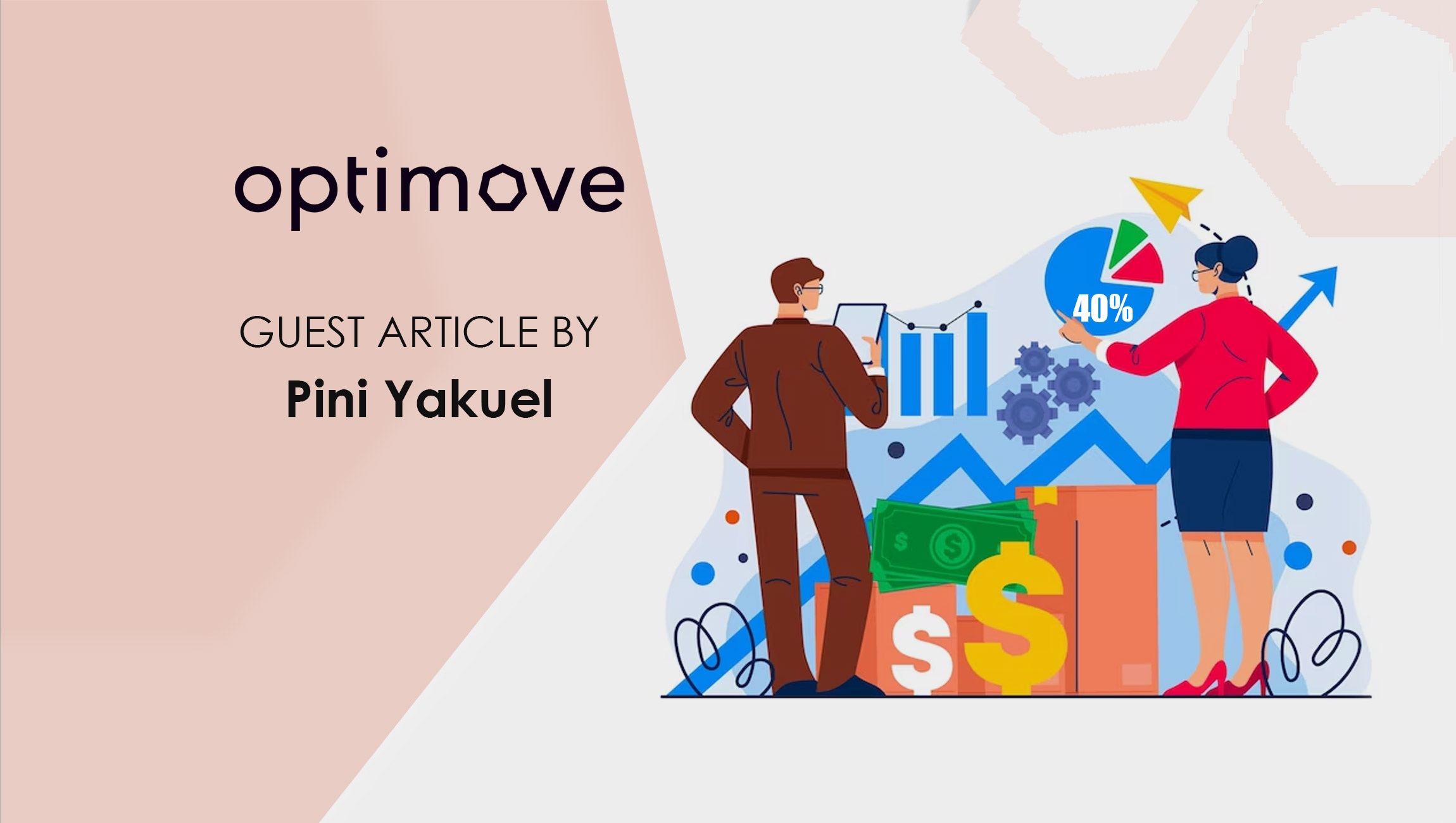Companies that grow faster drive 40% more of their revenue from personalization than their slower-growing counterparts, according to a McKinsey report.
The consulting firm adds that 71% of consumers expect companies to deliver personalized interactions, while 76% get frustrated when this doesn’t happen.
“Personalization drives performance and better customer outcomes,” McKinsey says. “Companies that grow faster drive 40% more of their revenue from personalization than their slower-growing counterparts.”
McKinsey points to Sephora as an example of a real-world brand that has excelled at personalization, using personalized experiences that are truly omnichannel. The beauty retailer encourages shoppers to book in-store makeovers and fashion consultations via its mobile channels, particularly its mobile app.
The brand’s program also demonstrates the effectiveness of focusing on the most loyal customers. Sephora’s loyalty program offers its highest-level members perks such as early access to new products, invitations to exclusive events, and free custom beauty services.
There are a couple of keys to the success of the Sephora personalization program:
- It works across all channels
- It keeps customers engaged
The omnichannel aspect of the program, one that other companies are still struggling to master, goes beyond simply sending personalized marketing messages via email or text. It means they have personalized all channels. So, when someone enters a brick-and-mortar facility, the beauty consultant has all pertinent personal information about the customer (color preferences, etc.).
Marketing Technology News: MarTech Interview with Brand Metric’s Robby Kraai
Successfully Personalizing the Web
It also means that the website is personalized — a challenge that is still challenging many other companies.
Too many websites not only aren’t personalized for the individual customer, they look and feel just like other websites, particularly ones in the same industry. A prospective customer will have the same or very similar experience at one big box retailer as another. So, there is no engaging reason for that prospect to return.
The commoditized ‘look and feel’ is often due to separate, disconnected software systems that result in data inconsistencies, operational inefficiencies, and other issues. The website remains static across the spectrum of potential customers because there is no interconnection with data indicating customer preferences – so no personalization is possible.
The martech ecosystem must be complete to ensure all data points and all channels communicate. But the system also needs to be simple – with two blocks – insight and engagement, connected by a thin line that unifies data and orchestrates channels. This allows for both marketing personalization and tailoring it to where a customer is in their purchasing journey. Marketing needs to emulate a great salesperson or service rep in an organization.
To execute highly personalized marketing, a solution needs to facilitate an ecosystem approach to marketing rather than one that further complicates the marketing tech stack.
A platform should use existing customer data to deliver highly personalized content to each customer, providing the right experience at the right time to the right customer.
Once a marketer does this, the customer’s entire experience becomes relevant, personalized, and engaging. Customers continue their journey, always connecting with the brand in their preferred channel.
Generative AI to Further Drive Personalization
A must also be dynamic to work with more established marketing solutions and the latest technology. The newest technology to drive personalization is generative AI. With the capability to cull through mountains of data very quickly, the technology enables marketers to quickly tailor highly personalized messaging and experiences for customers across all channels to further their customer journey orchestration efforts. Gartner discussed the importance of customer journey orchestration in a recent report.
For example, an auto dealer can use data from a customer’s web searches to personalize communications using triggers to help move the potential buyer down the purchasing funnel. So, a potential buyer looking at specific auto types (large SUV, subcompact, etc.) will receive communications and see a website personalized with that kind of vehicle highlighted. Drilling deeper, the potential customer who has examined safety features will be marketed to with safety features and size as prime features across all channels. The data insights reveal how to further refine other elements (i.e., price range).
In the lightning pace of iGaming, a consumer “buying cycle” is ten times retail velocity. iGaming companies have seconds to retain or lose a customer. iGaming marketing teams must excel in delivering Customer-Led Marketing, where marketing starts with the player (customer) and their preferences and offers personalized and relevant experiences on the fly – such as tailoring content, promotions, and recommendations based on individual player profiles, behavior, historical and real-time data.
Beyond the research, generative AI can also help with crafting messages and other aspects of marketing.
The powerful generative AI technology provides a tremendous marketing opportunity. However, there are a few important caveats. Companies must ensure that they only use data in ways a consumer feels comfortable. So, sending too many messages will defeat the purpose and cause marketing fatigue because a potential customer can start considering them spam. Additionally, any content created needs to be devoid of toxicity and bad messaging.
However, with the proper guardrails in place, personalization can help marketers get 40% more of their revenue from personalization than their slower-growing counterparts.
Marketing Technology News: How Does Your Business Stack Up Against the Competition?
Missed The Latest Episode of The SalesStar Podcast? Have a quick listen here!
Episode 195: Data Best Practices for Modern Marketing and Sales with Ana Mourao, CRM Sr. Manager at Stanley Black and Decker Inc.
Episode 194: AI’s Influence on Travel and Hospitality with Toby Korner, SVP, Digital Marketing at Priceline
Episode- 193: A Chat on AI with Debbie Braney, Vice President, Demand & Brand Marketing at Glassbox











